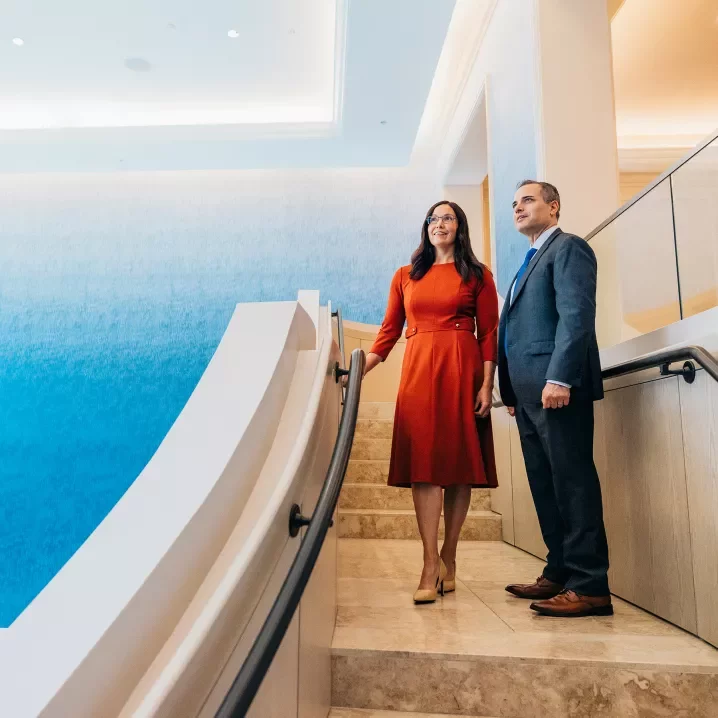Built for your tomorrow
Legal strategies and solutions for employers of all sizes, everywhere.

In today’s legal landscape, there’s more complexity to manage than ever. To navigate it, you need more than just a firm that responds to change.
You need the firm that drives it.
Inclusion, equity, and diversity lead to better outcomes.

Built for your tomorrow.

Disrupting the status quo.


We’re local, everywhere.
Littler is the largest global employment and labor law practice devoted exclusively to representing management. With attorneys and offices around the world, Littler serves as the single source solution provider to the global employer community, bringing deep understanding and vital insight to the issues your business is facing, wherever it’s located.

Fostering a team of the brightest minds and a culture that celebrates original thinking.
Working at Littler means the ability to collaborate with kind, supportive, trusting, intelligent, and friendly people. A place where employees are encouraged and incentivized to innovate and pursue new ideas.